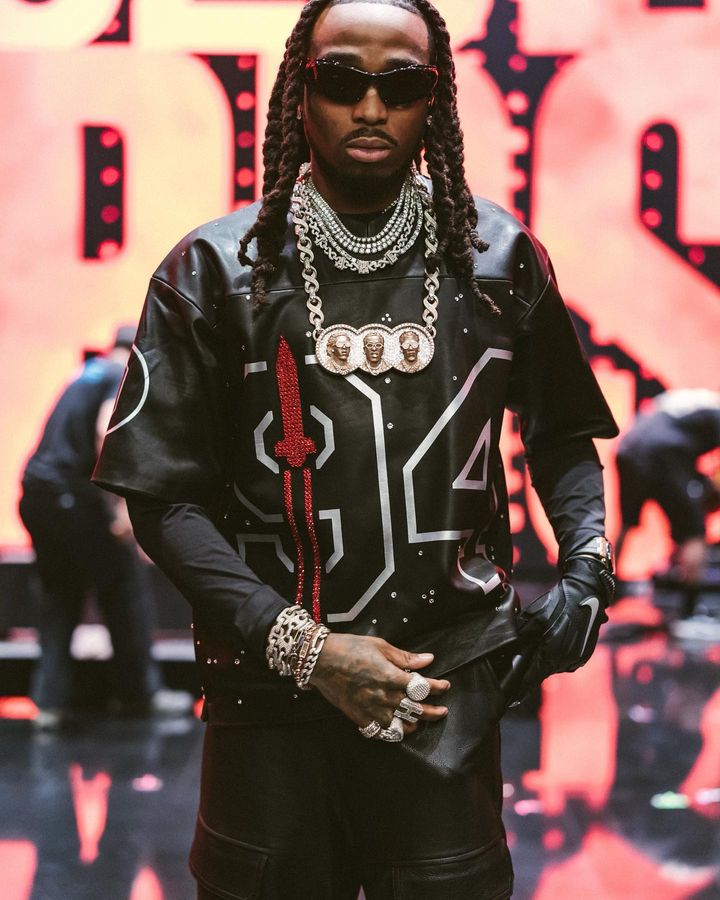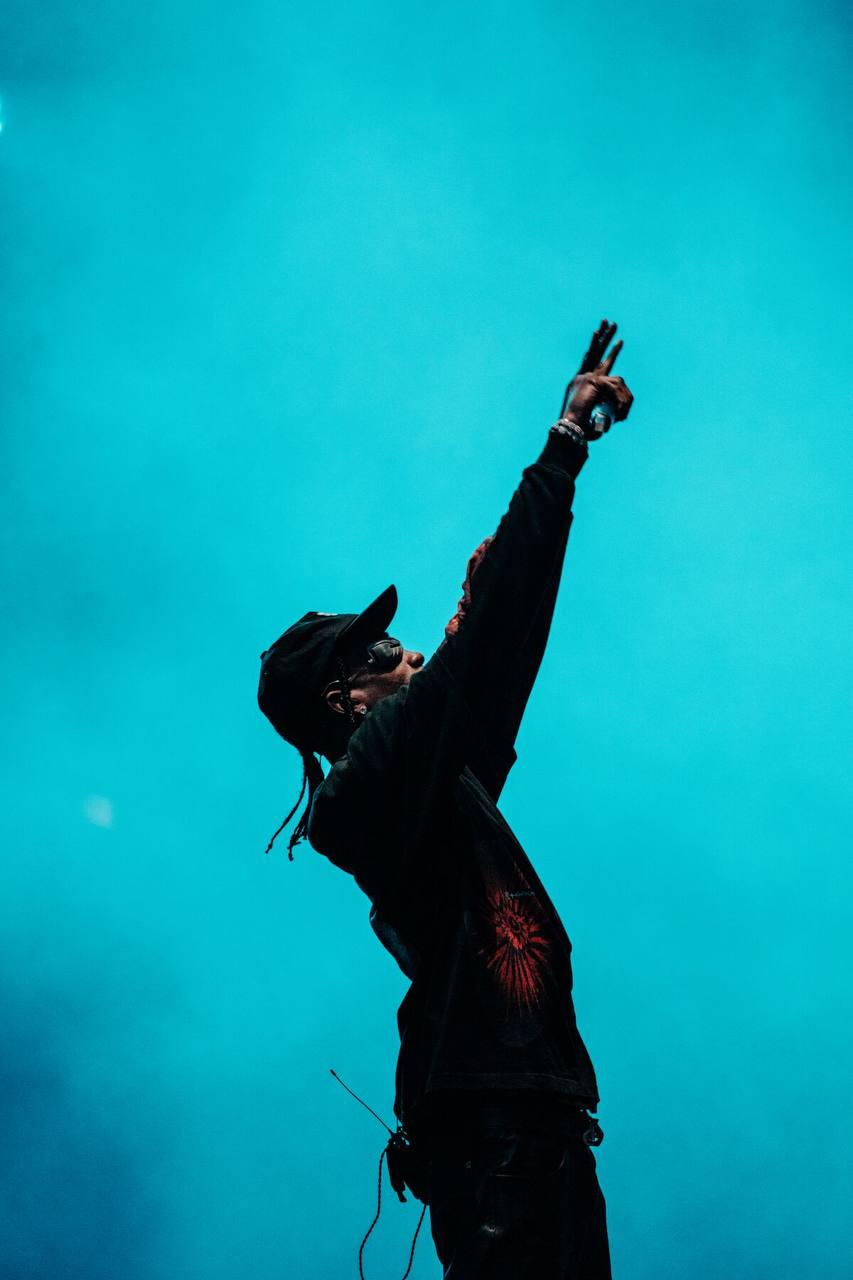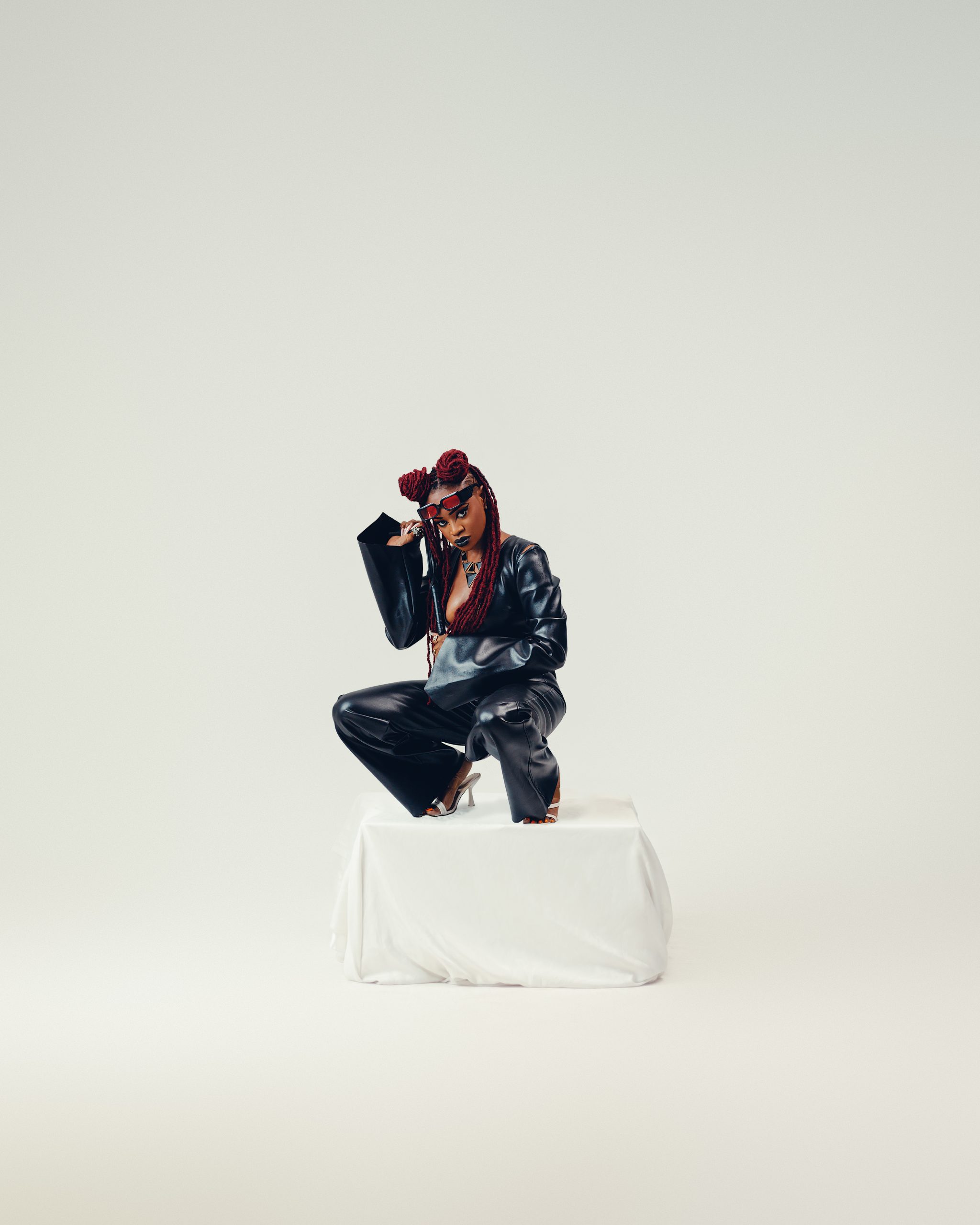The Kiffness threatens 947 after Anele Mdoda posted a photo of Julius Malema

South African musician David Scott, widely known by his stage name “The Kiffness,” has taken a stand against radio station 947, expressing his concerns and objections over their response – or lack thereof – to a recent controversial incident involving one of their employees. The incident in question revolves around Anele Mdoda’s posting of a photo featuring Julius Malema, the charismatic leader of the Economic Freedom Fighters (EFF) political party.

The photograph of Julius Malema garnered widespread attention and celebration across social media platforms, as he made a notable appearance that captured the public’s imagination. However, the celebratory atmosphere was short-lived when Malema was recorded singing the contentious struggle song, “kill the boer, kill the farmer.”
The song’s revival sparked significant debate and discourse, reaching far beyond South Africa’s borders. Even entrepreneur Elon Musk weighed in, indirectly addressing President Cyril Ramaphosa and raising concerns about violence against minority groups in the country.
Against this backdrop, The Kiffness, known for his outspokenness and advocacy, has questioned 947’s stance on the matter. In a bold move, he expressed his discomfort with the radio station’s employment of Anele Mdoda, who openly celebrated and shared the photo of Julius Malema, a figure associated with divisive rhetoric. The musician underscored his principled stand, indicating that if 947 is comfortable with endorsing such behavior, he will take a definitive step: preventing the station from playing his music.
“I’d like to know if 947 are OK with employing someone who openly praises a man who incites violence against a minority ethnic group. If they are, then I’d like them to remove any of my music from their station,” The Kiffness stated.
This incident shines a spotlight on the complex interplay between freedom of expression, political discourse, and artistic integrity. The Kiffness’ decision to make a public statement about his music’s presence on the radio station underscores the influential role that musicians can play in shaping public opinion and advocating for social change.
As this story continues to unfold, it prompts a broader conversation about the responsibilities and ethical considerations that come with media platforms, especially in a diverse and politically charged environment like South Africa. The Kiffness’ action serves as a reminder that artists hold the power to influence discussions and drive change, even in the realm of entertainment.




